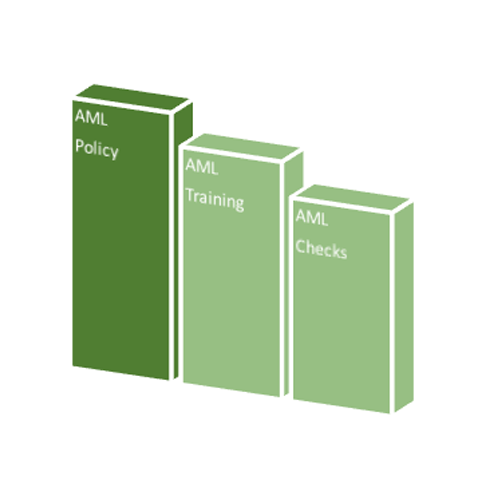Looking ahead – Future regulatory change and its impact on Veriphy clients
The next three years will bring the most significant overhaul of UK AML regulation in more than a decade, and …

With Veriphy in place, you will have to hand the perfect way to balance efficient, friendly client onboarding, with the vital need to avoid costly and possibly terminal regulatory pitfalls.
Simplifying the complexity of compliance for a fast, robust onboarding experience for your clients.
Protect your Business with our AML Compliance Solutions